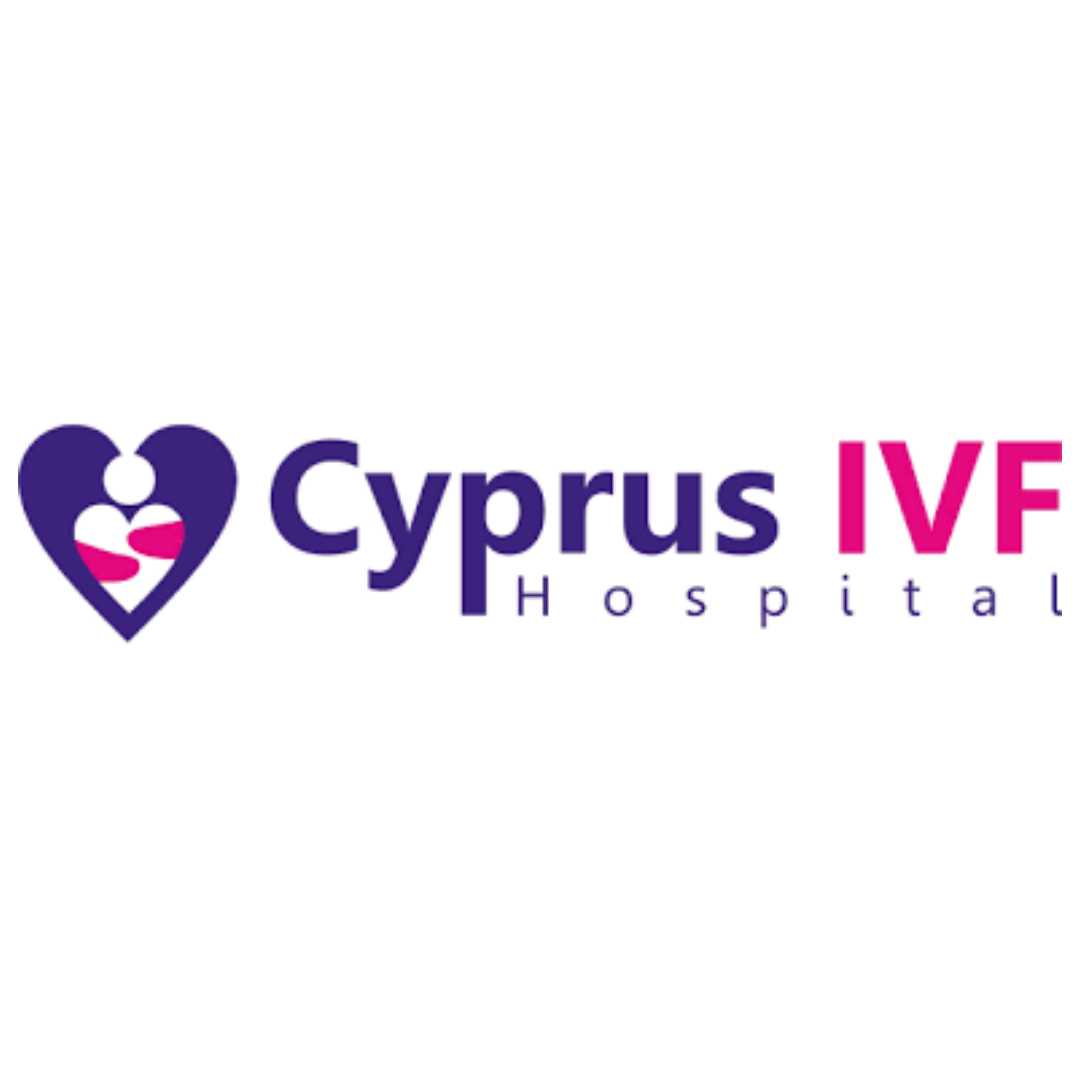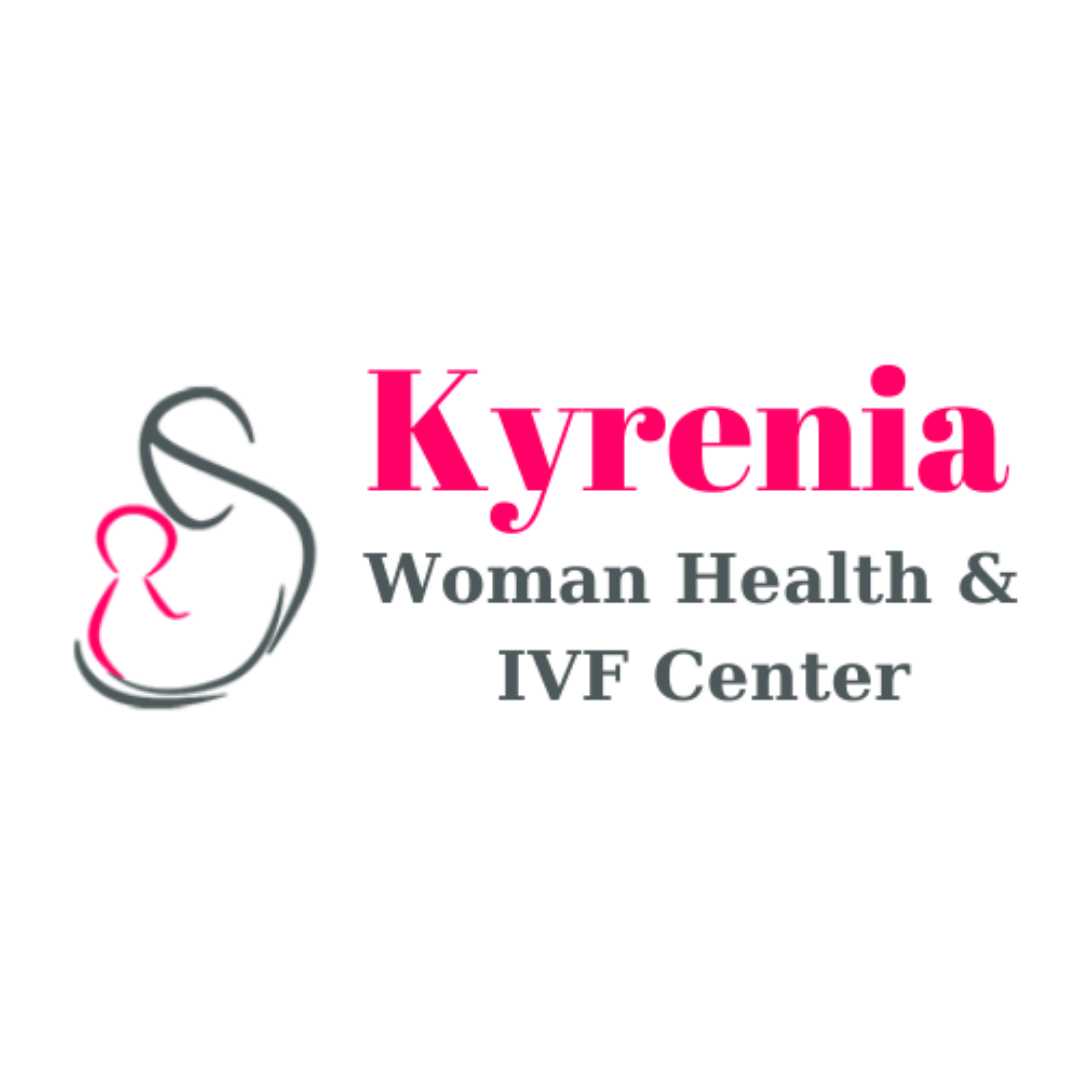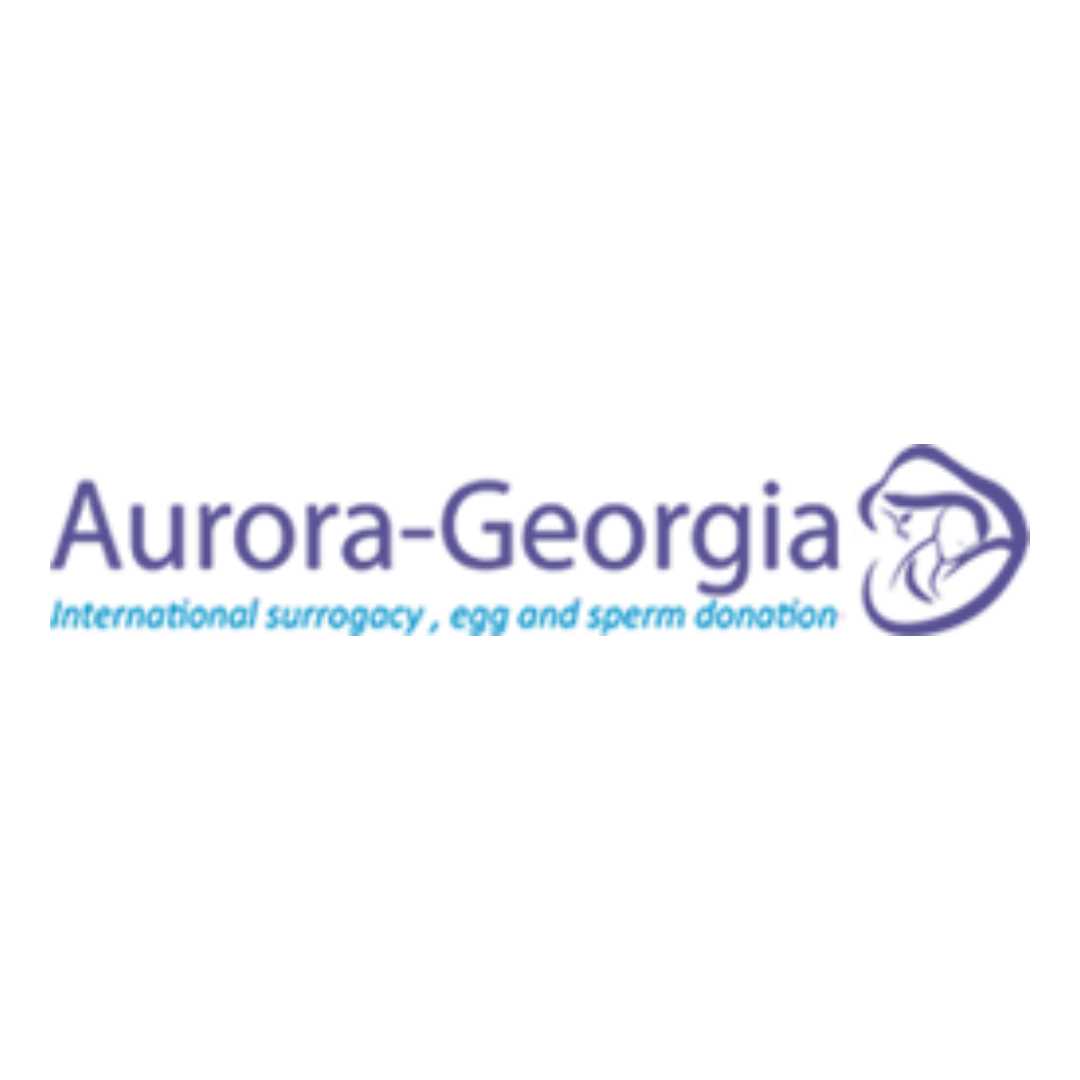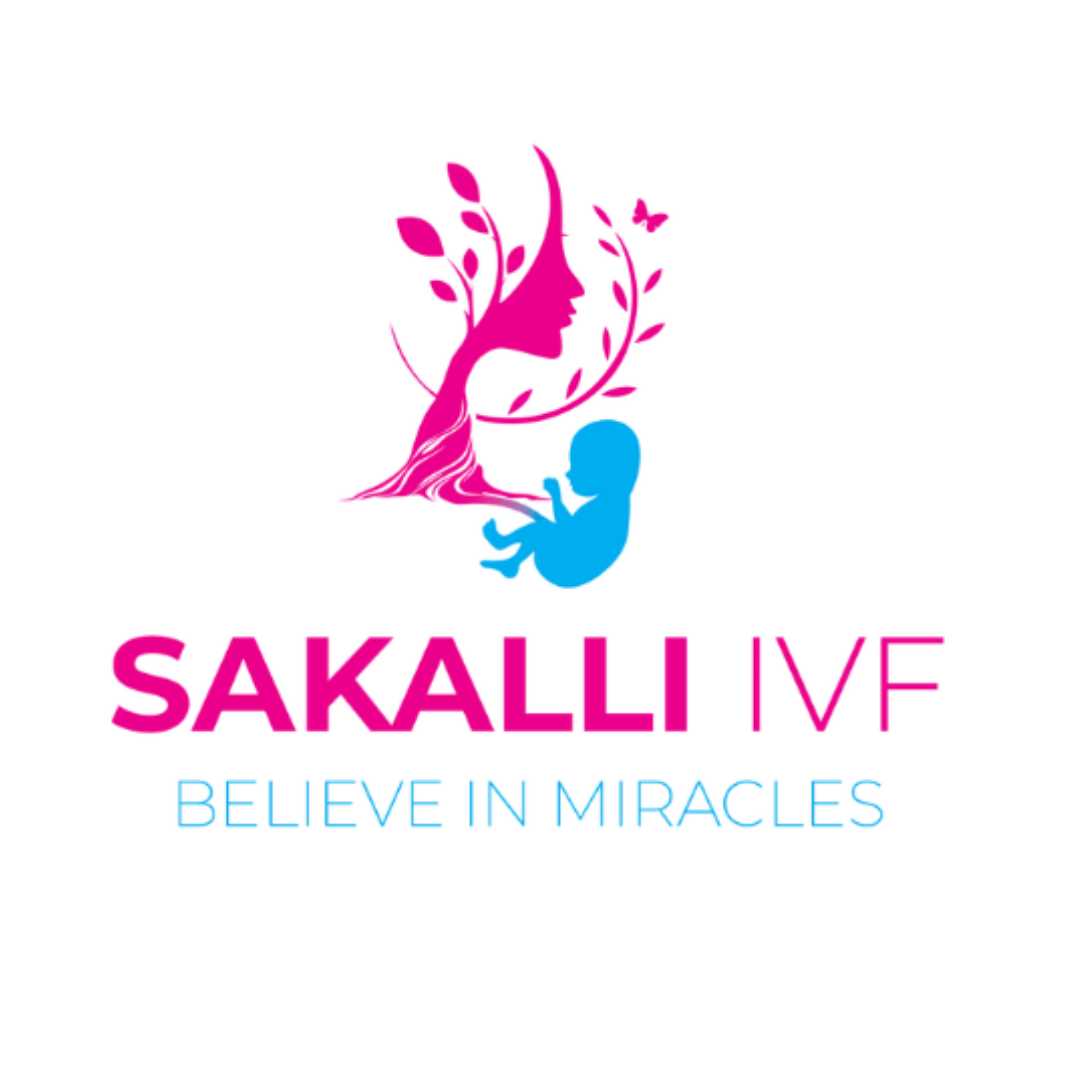-and-Next-Generation-Sequencing-(NGS)-for-Successful-IVF.png)
Cyprus IVF Success Rates: Improves Fertility Outcomes with PGT and NGS
Cyprus has earned a strong reputation as a leading international destination for various IVF Fertility Treatments in Cyprus, attracting patients from across Europe, the Middle East, and beyond. The island's appeal lies in its combination of experienced specialists, modern clinics, favorable laws for certain advanced reproductive technologies (ART), and competitive costs.
While Cyprus IVF Success Rates are generally noteworthy, especially for treatments like egg donation, a key factor increasingly contributing to improved outcomes for many patients is the integration of Preimplantation Genetic Testing (PGT), particularly using the advanced Next-Generation Sequencing (NGS) platform.
This guide delves into how PGT/NGS works, its impact on improving the IVF Success Rate with PGT Testing, who can benefit most, what the process involves at typical Cypriot clinics, and cost considerations, helping you understand how these technologies are shaping fertility outcomes.
Why Cyprus is a Leading Destination for Advanced IVF Fertility Treatments
Cyprus (both North and South regions) offers several advantages for those seeking high-tech IVF:
Preimplantation Genetic Testing
Preimplantation Genetic Test (PGT) is a state-of-the-art procedure used to identify genetic abnormalities in embryos created through in vitro fertilization (IVF) or IVF procedure. The aim of PGT is to allow your doctor to select embryos predicted not to carry a specific genetic disease or chromosomal abnormality for transfer. This test provides patients with the opportunity to reduce the likelihood of carrying a genetic disease in their future children before pregnancy.
What is preimplantation genetic testing (PGT) for embryos?
Preimplantation genetic testing refers to three types of tests that can be performed on embryos during IVF:
Reproductive health experts recommend these tests for two main reasons. One is to determine whether embryos have genetic abnormalities, which usually result in failed implantation, miscarriage, and unsuccessful IVF. The second is to identify embryos with genetic defects that could result in the birth of a child with a genetic disorder that could cause death or hereditary diseases such as muscular dystrophy. Embryos found to have such genetic abnormalities are not transferred to the mother's womb for pregnancy. Studies have shown that genetic errors in embryos are the main reason for failed pregnancies. The three types of PGT are used in terms of preimplantation genetic screening.
1. Preimplantation Genetic Testing for Aneuploidy (PGT-A)
Preimplantation Genetic Testing for Aneuploidy PGT-A is a preimplantation genetic test analysis performed to determine whether embryo cells have the normal amount of chromosomes. Unequal division of sperm or egg cells can result in an embryo having too few or too many chromosomes.
Most people have 46 chromosomes because they receive 23 chromosomes from each parent. If an embryo or cell has a missing or extra chromosome, it is referred to as aneuploidy. Monosomy is a missing chromosome, and trisomy is an extra chromosome.
A child can survive with a type of monosomy known as Turner syndrome, which is the absence of one of the X chromosomes. A girl with Turner syndrome has only 1 normal X sex chromosome rather than the usual two. Turner syndrome is a genetic disorder exclusive to females and affects approximately 1 in every 2,000 female infants.
Furthermore, trisomy of chromosome pairs can lead to syndromes. Every cell in your body contains 23 pairs of chromosomes that usually carry genes you inherited from your parents. In a baby with Edwards syndrome, there are 3 copies of chromosome 18 instead of 2. This affects the baby's growth and development. Having 3 copies of chromosome 18 typically occurs randomly due to a change in the sperm or egg before conception. Down syndrome is observed when there is an extra 21st chromosome at birth. This typically happens by chance due to a change in the sperm or egg before conception. A baby with Down syndrome is born with extra chromosome 21 in some or all of the cells that make up their DNA. This condition is also known as Trisomy 21.
Aneuploidy is one of the primary causes of failed implantation, pregnancy, and also miscarriage, and it's also one of the main reasons for birth defects in children.
Which couples have PGT-A performed on their embryos?
2. Preimplantation Genetic Testing for Monogenic Diseases (PGT-M)
PGT-M is a test that genetically screens embryos for monogenic diseases when it is known that one (or both) of the parents carry specific gene mutations. Genetic disorders present in one or both parents and family history can increase the likelihood of a child being born with a genetic mutation.
A disorder involving a single specific gene arises from a mutation in the DNA sequence. Such mutations can lead to diseases like cystic fibrosis or sickle cell anemia. Moreover, it can result in a hereditary genetic mutation, such as the BRCA1 and BRCA2 mutations, which can significantly elevate a woman's risk for breast and ovarian cancers.
PGT-M allows for the screening of the following genetic disorders:
3. Preimplantation Genetic Diagnosis - Structural Rearrangements (PGT-SR)
PGT-SR is a genetic procedure that genetically analyzes the embryos of patients known to have chromosomal structural rearrangements, such as inversions or translocations. Couples with a known structural rearrangement are at a higher risk of producing embryos that do not have the correct amount of chromosomal material. The likelihood of affected embryos resulting in a live birth is lower. Patients with these issues often experience recurrent miscarriages.
PGT-SR investigates disorders that include:
How Are PGT-A, PGT-SR, and PGT-M Performed on Embryos During IVF?
The two main steps of the three types of PGT are the same. The first step is embryo biopsy. The second step is the analysis of the biopsy by a laboratory to perform a genetic test on the DNA.
NGS (Next-Generation Sequencing) now identifies mosaicism in embryos
Next-Generation Sequencing (NGS) is a novel technology used for DNA and RNA sequencing and variant/mutation detection. NGS can sequence hundreds to thousands of genes or the entire genome in a short period. With NGS, it is the latest platform for PGS, performing synthesis with high yield and high-resolution sequencing. NGS is widely used for the diagnosis of sequence variants/mutations and, consequently, disease diagnosis, prognosis, treatment decisions, and patient monitoring.
Using embryo biopsy, NGS can be employed to detect the likelihood of chromosomal abnormalities using molecular evaluation with powerful computing. NGS can now identify mosaic embryos that have different ratios of normal and abnormal cells. NGS has gained popularity due to its ability to detect unbalanced translocations, segmental aneuploidies, certain triploidies, and lower levels of mosaicism compared to other techniques. This can be clinically significant as mosaic embryos have a reduced potential to result in a live birth.
At Sakalli IVF, both traditional PGT methods and advanced Next-Generation Sequencing (NGS) technologies are available to provide comprehensive and personalized care. Our team offers expert guidance in selecting the most suitable method based on your unique fertility needs and medical background, maximizing your chances for a healthy pregnancy and baby.
Cyprus IVF Success Rates: Examining the PGT/NGS Advantage
While overall Cyprus IVF Success Rates are influenced by many factors (clinic quality, patient age, use of donor gametes), the addition of PGT/NGS can demonstrably improve outcomes per embryo transfer.
The key benefit often highlighted is not just a higher pregnancy rate, but a significantly lower miscarriage rate and a higher ongoing pregnancy/live birth rate per transfer initiated.
The overall success of a PGT cycle still depends on obtaining euploid embryos. The number of euploid embryos produced is heavily influenced by the age of the woman providing the eggs and the quality of the sperm. Success rates should always be interpreted carefully – ask if rates are per transfer, per cycle start, clinical pregnancy, or live birth, and if they are specific to your age group and situation.
Who Benefits Most from IVF with PGT/NGS in Cyprus?
PGT-A using NGS is not necessarily recommended for everyone undergoing IVF. It's most beneficial for specific patient groups:
The Process of IVF with PGT/NGS
Undergoing IVF Fertility Treatments in Cyprus with PGT/NGS involves these coordinated steps:
What to Look for in Cypriot Clinics Offering PGT/NGS
When considering this advanced treatment, look for clinics in Cyprus (like SAKALLI IVF) that demonstrate:
Cost of IVF with PGT/NGS in Cyprus
Despite these additional costs, IVF with PGT/NGS in Cyprus offers a more affordable option compared to the US or Western Europe while providing advanced technology that can reduce the risk of failed transfers and increase overall success rates.
|
Cost Component |
Estimated Cost (USD) |
|
Base IVF Cycle Cost (Standard IVF/ICSI) |
$3,800 - $6,500+ |
|
Base IVF Cycle with Donor Eggs |
$6,500 - $9,100+ |
|
Embryo Biopsy Fee |
Varies (often per embryo or flat fee) |
|
Genetic Testing (NGS) Fee |
$2,700 - $3,300+ per embryo tested |
|
Total PGT Add-on Cost |
$2,200 - $4,400+ |
|
Embryo Freezing Fee |
$550 - $1,100 |
|
Frozen Embryo Transfer (FET) Cycle |
$1,600 - $2,700+ |
Planning Your Journey from Abroad for IVF with PGT in Cyprus
International patients, especially those from distant locations, require careful logistical planning:
FAQs about Cyprus IVF Success Rates and PGT/NGS
Maximizing Your Chances with Advanced IVF in Cyprus!
Achieving a successful pregnancy through IVF, especially after previous challenges or with factors like advanced age, often requires leveraging the most advanced technologies available. Preimplantation Genetic Testing (PGT) using Next-Generation Sequencing (NGS) represents a significant advancement in embryo selection, aiming to improve implantation rates, reduce miscarriages, and ultimately enhance Cyprus IVF Success Rates.
For individuals and couples exploring IVF Fertility Treatments in Cyprus, understanding how PGT/NGS works and identifying clinics with proven expertise in this technology can be a crucial step toward realizing their dream of parenthood. While it adds to the IVF Success Rate with PGT Testing journey's cost and complexity, the potential for a healthier pregnancy and a shorter time to success makes it a valuable option for many international patients.
Considering advanced IVF with PGT/NGS in Cyprus? PlacidWay connects patients with leading, internationally recognized fertility clinics, SAKALLI IVF, that offer these cutting-edge technologies. Contact PlacidWay today for personalized clinic recommendations, information on treatment packages, cost estimates, and support in planning your fertility journey.


.png)


.png)

.png)

.png)
.png)






Share this listing